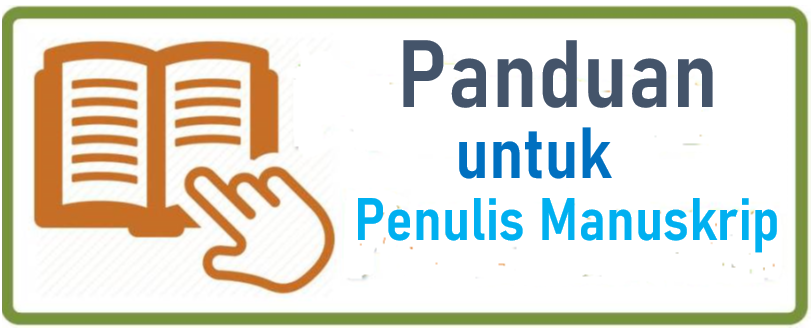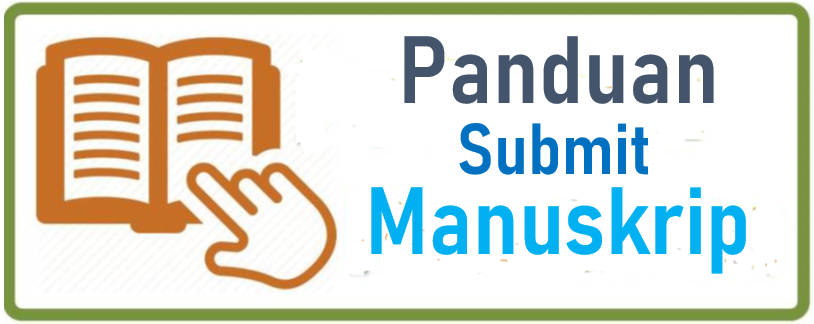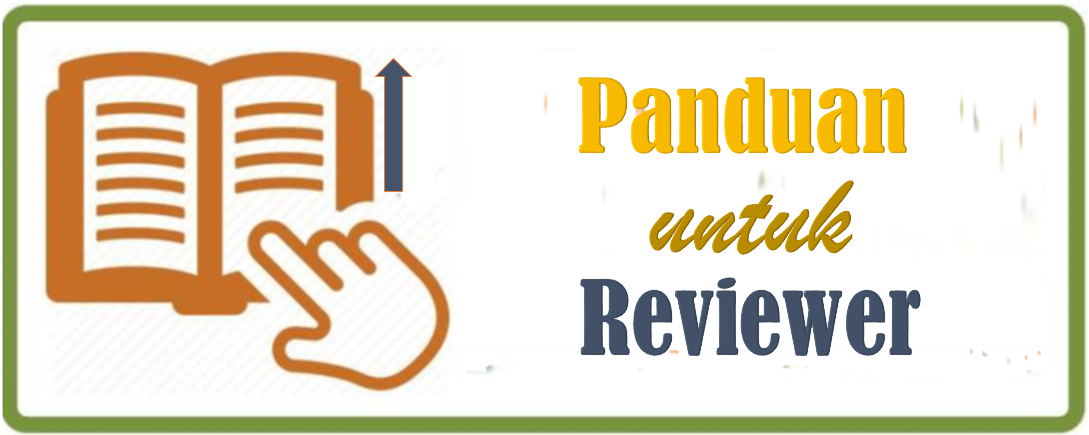Etika Publikasi
PUBLICATION ETHICS
Ethical Statement for Jurnal Peternakan Lahan Keringa (JPLK) is published by Faculty of Animal Science, Universitas Nusa Cendana, Kupang. This statement is adapted from principles of the Committee on Publication Ethics (COPE) that cover ethical code for Chief Editor, Editorial Boards, Reviewer, and authors.
Articles published in JPLK represent attempts made to develop science and educations and directly reflect the author and institution quality. Therefore, it is important to agree with the ethical standard of all parties involved in the publication process: Chief Editor, Editorial Boards, Reviewer, and authors, publishers, and the community. JPLK is committed to guaranteeing that all procedures are directed to facilitate objective and intellectual treatment. Furthermore, editors and reviewers should evaluate the submitted paper without considering ethnic, religious, racial, gender, sexual orientation, national, and political background. Software for preventing plagiarism is used.
- Author Responsibilities
- Authors are responsible for ensuring that their work is original (plagiarism-free)
- Authors are prohibited from reproducing previous works published in other journals.
- The submitted manuscript should not be under consideration in other journals (simultaneous submission).
- Authors are allowed to submit their work in other journals after receiving an official rejection from the journal or if their withdrawal request is officially approved.
- Authors are obliged to inform Chief Editor or publishers related to data inaccuracy in their manuscript so that correction or retraction can be made.
- Authors should give a significant contribution and be responsible for any flaw in their works.
- Chief Editor Responsibility:
- Chief editor is responsible for evaluating manuscripts based solely on intellectual consideration.
- Chief editor is responsible for keeping the confidentiality of information in the manuscript.
- Chief editor is responsible for deciding when and which article to publish.
- Chief editor should actively look for the editorial board, reviewer, and authors’ views to improve the journal’s image and visibility.
- Chief editor should provide clear instruction to potential contributors during the submission process and what is expected from authors.
- The chief editor should select the right reviewer for the review process.
- Editorial Boards Responsibility:
- Actively contribute to journal development
- Act as the journal ambassador
- Continuously support and promote the journal
- Review all assigned tasks.
- Reviewer Responsibilities:
- Reviewers should express their interest before agreeing to review a manuscript.
- Reviewers may refuse to review any manuscript due to conflict of interest or inadequate knowledge.
- Reviewers should review the article in an objective, fair, and professional manner.
- Reviewers should inform Chief Editor about any ethical violation
- Reviewers should ensure the originality of the manuscript and be aware of plagiarism issues.
- Reviewers should not discuss the manuscript content without permission.
- Reviewers should adhere to the scheduled review process. Any request for a time extension depends on the Chief Editor's decision.












